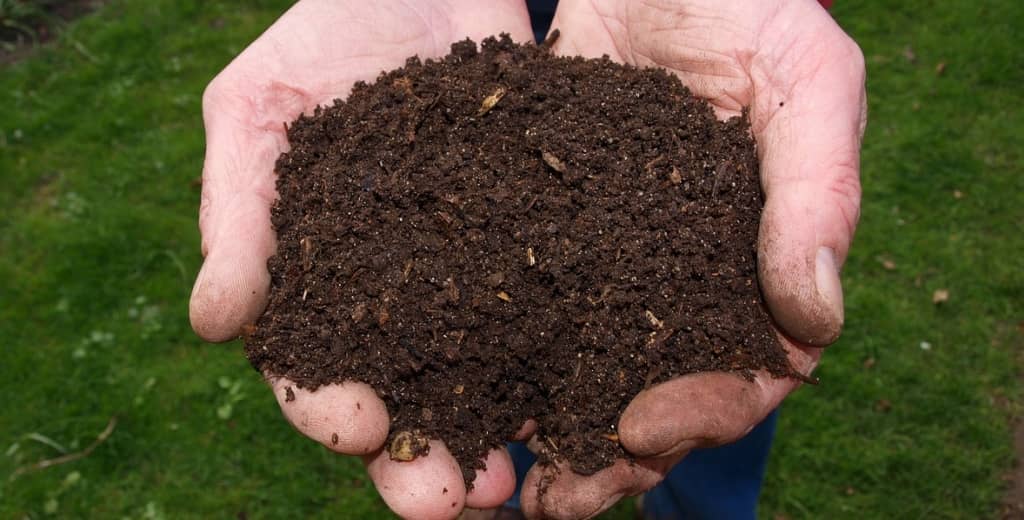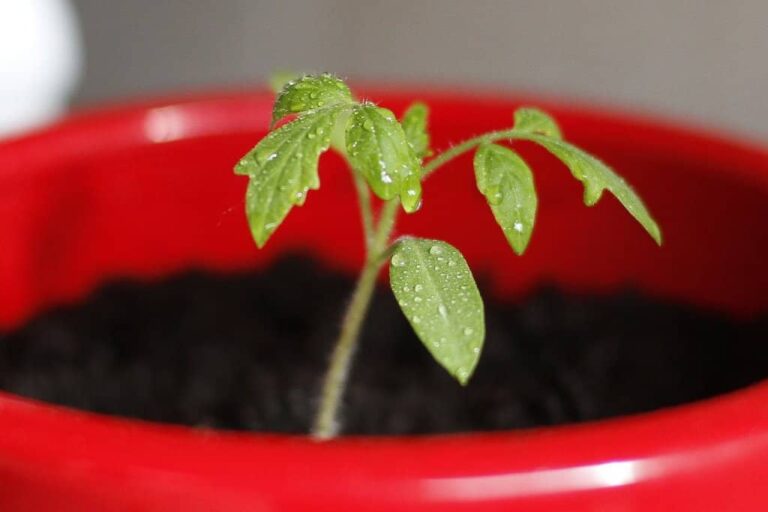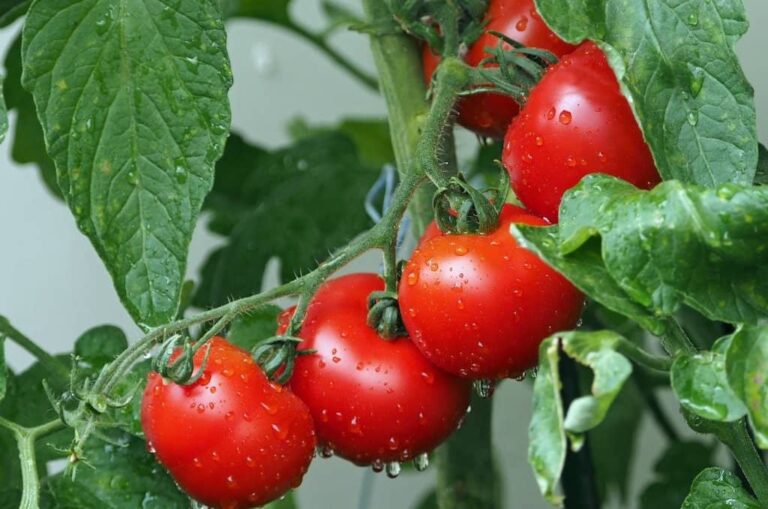Composting for Your Garden: Improving Soil Quality, Reducing Waste, and Increasing Nutrient Availability
Composting is an age-old practice that has been used for centuries to improve soil quality and plant growth. Composting involves the decomposition of organic waste material, such as food scraps and yard waste, into a nutrient-rich soil amendment that can be used in your garden. In this article, we will explore the benefits of composting for your garden and provide you with some tips on how to start your own composting project.
- Improves Soil Quality
Composting is an effective way to improve soil quality. The compost that is produced is rich in nutrients and organic matter, which helps to improve soil structure and fertility. This, in turn, helps plants to grow better and produces healthier, more nutritious crops.
- Increases Nutrient Availability
Composting increases nutrient availability in the soil. The compost that is produced is high in nutrients such as nitrogen, phosphorus, and potassium, which are essential for plant growth. When you add compost to your garden, these nutrients are slowly released into the soil, providing your plants with a steady supply of nutrients throughout the growing season.
- Improves Water Retention
Composting helps to improve water retention in the soil. The organic matter in the compost helps to improve soil structure, which allows for better water infiltration and retention. This means that your plants will have access to more water, even during dry periods, which can help to improve their growth and overall health.
- Reduces Soil Erosion
Composting can also help to reduce soil erosion. The organic matter in the compost helps to bind soil particles together, which helps to prevent soil erosion caused by wind and water. This is particularly important for gardens that are located on sloping terrain, where soil erosion can be a significant problem.
- Reduces the Need for Chemical Fertilizers
Composting can also help to reduce the need for chemical fertilizers. The compost that is produced is high in nutrients, which means that you may not need to add as much chemical fertilizer to your garden. This can help to reduce your overall chemical use and make your garden more environmentally friendly.
- Reduces Waste
Composting is an effective way to reduce waste. By composting your food scraps and yard waste, you can divert a significant amount of waste from landfills, where it would otherwise produce methane, a potent greenhouse gas. Composting also reduces the need for municipal waste collection and disposal, which can help to save money and reduce the environmental impact of waste management.
- Encourages Beneficial Microorganisms
Composting encourages the growth of beneficial microorganisms in the soil. These microorganisms help to break down organic matter in the soil, making nutrients more available to plants. They also help to improve soil structure and fertility, which can improve plant growth and health.
How to Start Composting
If you’re interested in starting your own composting project, here are some tips to get you started:
- Choose a Composting Method
There are several different composting methods to choose from, including:
- Hot composting: This method involves creating a compost pile that is actively managed to ensure that it reaches high temperatures, which helps to speed up the decomposition process.
- Cold composting: This method involves creating a compost pile that is left to decompose naturally over time, without active management.
- Vermicomposting: This method involves using worms to break down organic matter in a compost bin.
- Collect Organic Waste
Collect organic waste from your kitchen and yard, such as food scraps, leaves, and grass clippings. Avoid adding meat, dairy, and oily foods to your compost pile, as these can attract pests and slow down the decomposition process.
- Build Your Compost Pile
Build your compost pile using a combination of carbon-rich materials, such as dried leaves, sawdust, and straw, and nitrogen-rich materials, such as food scraps, grass clippings, and manure. Aim for a ratio of about 3:1 carbon to nitrogen. You can also add small amounts of soil to your compost pile to introduce beneficial microorganisms.
- Monitor Your Compost Pile
Monitor your compost pile regularly to ensure that it is decomposing properly. If your compost pile is too dry, add water to help it decompose. If it’s too wet, add more carbon-rich materials to help absorb excess moisture. You can also turn your compost pile regularly to help aerate it and speed up the decomposition process.
- Use Your Compost
Once your compost is ready, use it in your garden to improve soil quality, increase nutrient availability, and reduce the need for chemical fertilizers. You can also use compost as a mulch around your plants to help retain moisture and suppress weeds.
Conclusion
Composting is a simple and effective way to improve soil quality, increase nutrient availability, and reduce waste in your garden. By composting your organic waste, you can create a nutrient-rich soil amendment that can help your plants to grow better and produce healthier, more nutritious crops. With a little effort and some basic knowledge, you can start your own composting project and enjoy the benefits of composting in your garden.


